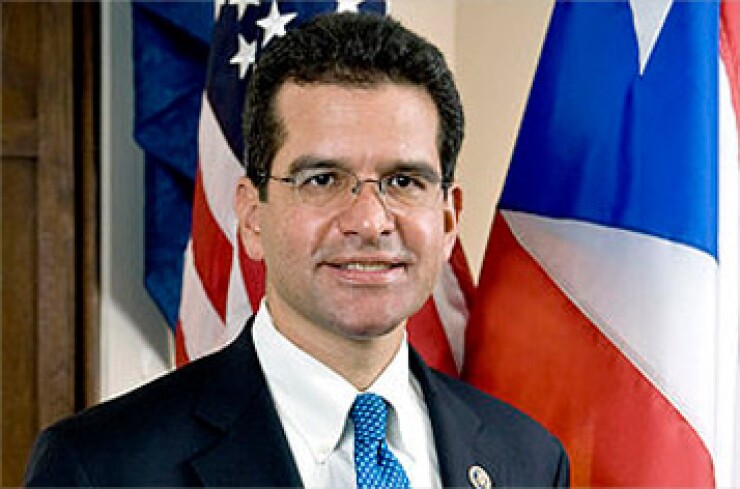
WASHINGTON – The Centers for Medicare and Medicaid Services (CMS) released a proposed rule that could help Puerto Rico retain many physicians who otherwise may have considered leaving the fiscally troubled island.
Pedro Pierluisi, Puerto Rico's nonvoting representative in Congress, lauded the proposed rule, which would increase Medicare reimbursements for nearly 10,000 physicians in Puerto Rico.
"Although it is not possible to precisely estimate the dollar value of this proposal, the positive impact is likely to be extraordinarily significant, because island doctors will receive higher federal payments for every single medical service they provide to Medicare patients," said Pierluisi. "I intend to do everything within my power, working with my allies, to ensure this proposal is retained in the final rule."
Pierluisi said that he has for years pushed for an increase in payments along with the Puerto Rico College of Physicians and Surgeons, the Puerto Rico Institute of Statistics and other stakeholders.
CMS is soliciting public comments on the proposed rule until Sept. 6. Any final rule would take effect on January 1, 2017.
Pierluisi said the territory has already lost many doctors in recent years and that physician surveys show that inadequate reimbursement rates are often a factor in their decisions to leave.
The commonwealth is already struggling with nearly $70 billion in debt and $46 in unfunded pension liabilities, which has limited its ability to provide many essential services, such as those related to healthcare. It has also lost population as many residents decide to move to the mainland U.S. in search of better economic opportunities, among other things. The loss of population and funding for services has hampered the commonwealth's prospects for economic growth, local officials and economists have said.
CMS reimburses doctors using a formula that takes three factors into account. It considers: physician work, which is relative time and effort associated with providing a particular Medicare service; practice expense, including the costs associated with maintaining a medical practice like office rental and supplies; and the cost to a doctor of purchasing malpractice insurance.
The reimbursements are then calculated using a geographic pricing cost index (GPCI), which accounts for geographic variations in the cost of practicing medicine.
The GPCI splits all U.S. jurisdictions into 89 localities, according to the proposed CMS rule. Of those jurisdictions, Puerto Rico currently has the lowest reimbursement rate for each of the three factors CMS takes into account.
The increase in reimbursements for Puerto Rico doctors would result from CMS' desire to create consistency among the calculation methodologies for each of the Pacific and Caribbean territories.





